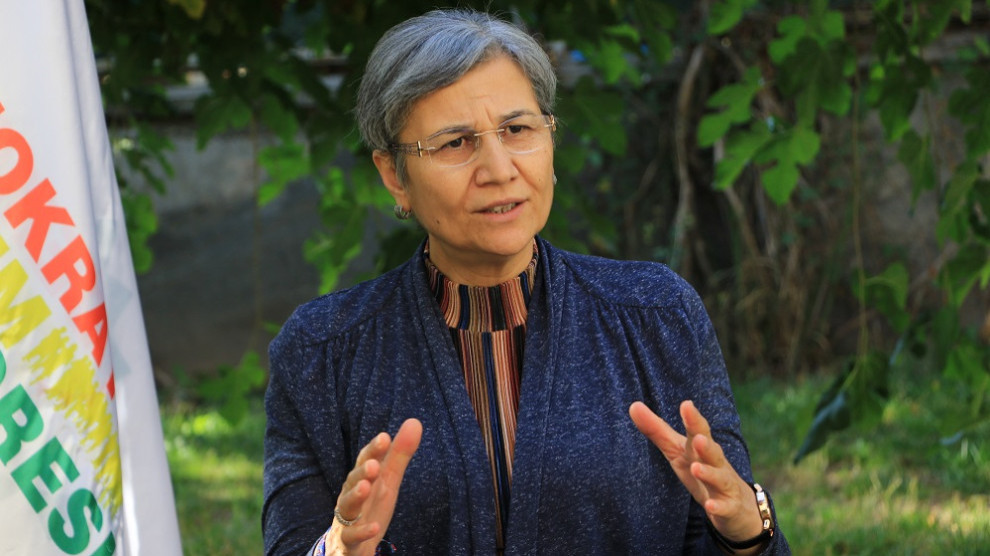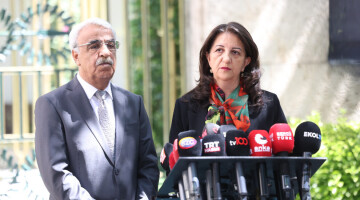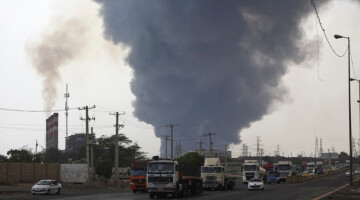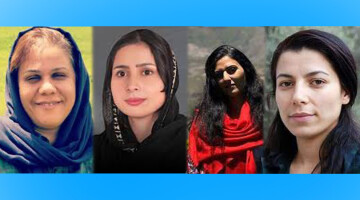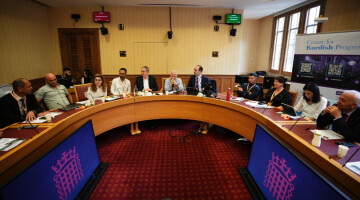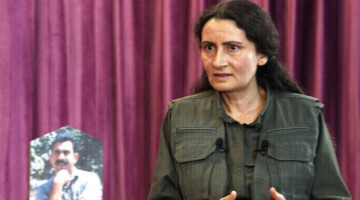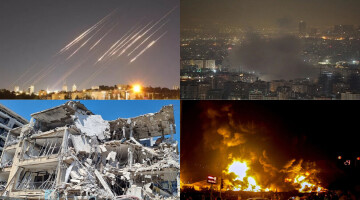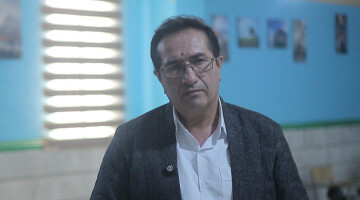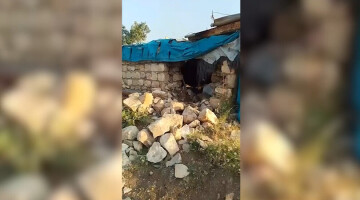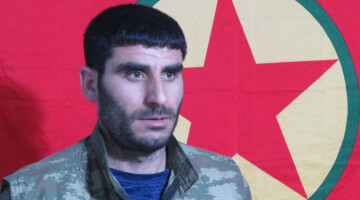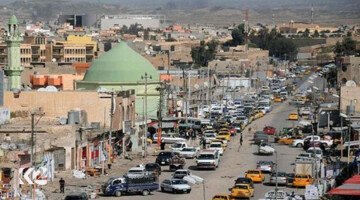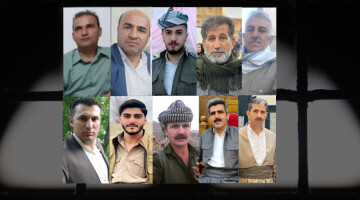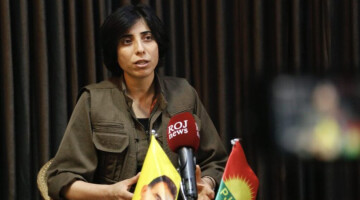The Turkish state systematically destroys guerrillas’ graves in Kurdistan. Kurdish politician Leyla Güven, who is also a member of parliament for the HDP and co-chair of the civil society organisation DTK (Democratic Society Congress), spoke to ANF about the background of the state's brutal actions.
Leyla Güven opened the conversation with a quote from Albert Camus: "If you want to get to know a country, look at how the people there die. In her opinion there is something missing from this saying: "You also have to look at how the dead are treated. At the moment graves are systematically destroyed in Kurdistan. Burials and mourning of the dead are not only a legal question, it's a question of morality and conscience."
Güven reminded of similar examples from Argentina and Palestine and said: "But in these countries the mistakes were recognized and memorials were erected. Efforts are being made to ensure that such things do not happen again. In Turkey, this inhuman practice continues unabated. The corpses at the Garzan Cemetery of Martyrs in Bitlis have been exhumed, causing untold pain to the bereaved. When this cemetery was first built, the state did not intervene. The cemetery was also visited by people whose relatives are not buried there.
Cemeteries in Muş, Van, Silvan and Bingöl have also been devastated recently. The cemetery in Gever (Yüksekova) has been destroyed for the seventh time. Leyla Güven said: "This method has been tried before. In the 1990s it failed because of the courageous and upright attitude of the Kurdish mothers."
In this context, Leyla Güven referred to the case of the guerrilla fighter Agit Ipek, whose remains were delivered to his mother in a box by mail: "Although it was a terribly painful situation, his mother expressed her condolences to the whole Kurdish people. This is a concrete example of the unbending attitude of Kurdish mothers. Hacı Lokman Birlik, Mother Taybet, Ekin Van, Cemile Çağırga and the bodies of many others were mutilated in a similar way to send a message to the population. But our people never gave up their resistance."
"As if these people had never lived here"
Güven continued: "It is the same mentality with which the graves of Şêx Said and Seyit Riza are kept secret. The practice of mutilating corpses, devastating cemeteries and preventing funerals reached a peak in the 1990s and became state policy. With the maltreatment of the corpses of people from the Kurdish, Greek, Armenian, Alevi, Yazidi, i.e. non-Turkish or non-Sunni population groups, the aim is to rob people of their memory. They want to make it look like as if these people had never live here.
With trauma comes anger
Even if a grave does not change anything about death, preventing the mourning of the dead causes a social trauma. That's the purpose of the state. But what it doesn't count on is that with the trauma comes rage. Mass graves left behind by the ISIS are still being discovered today. This misanthropic and especially misogynistic organization has systematically mutilated corpses and destroyed cemeteries. With a mentality that allows gravestones to be smashed, it does not matter whether Ramadan is or not. It is a crime forbidden by all religions. In Islam, everything that belongs to man has a value. Everyone is part of the family of God, they say. The representatives of the state with its concept of annihilation cannot even adhere to the religion in which they supposedly believe.
"We do not tolerate you dead or alive"
This practice is unbearable, especially for the relatives. A mother in Bingöl has announced that she will keep watch at her daughter's grave so that it is not destroyed. The destruction of the graves is intended to intimidate the population. It is a signal to the people: 'Forget your language, your identity, your culture. We will not tolerate you dead or alive’. But we know that our people and especially the brave Kurdish mothers have been fighting an epochal struggle for decades. We know the Mothers of Peace, the Saturday Mothers, the Roboski Mothers.
The hope for peace is wanted to be destroyed. It is said that if you inflict suffering on the dead, you cannot make peace with the living. But the Turkish state will not succeed with its policy. The deeper a wound is, the harder it will be to heal. We have seen dozens of times that such methods achieve nothing. There can only be change through a democratic solution to the Kurdish question. The oppressors have never been forgiven in history."

